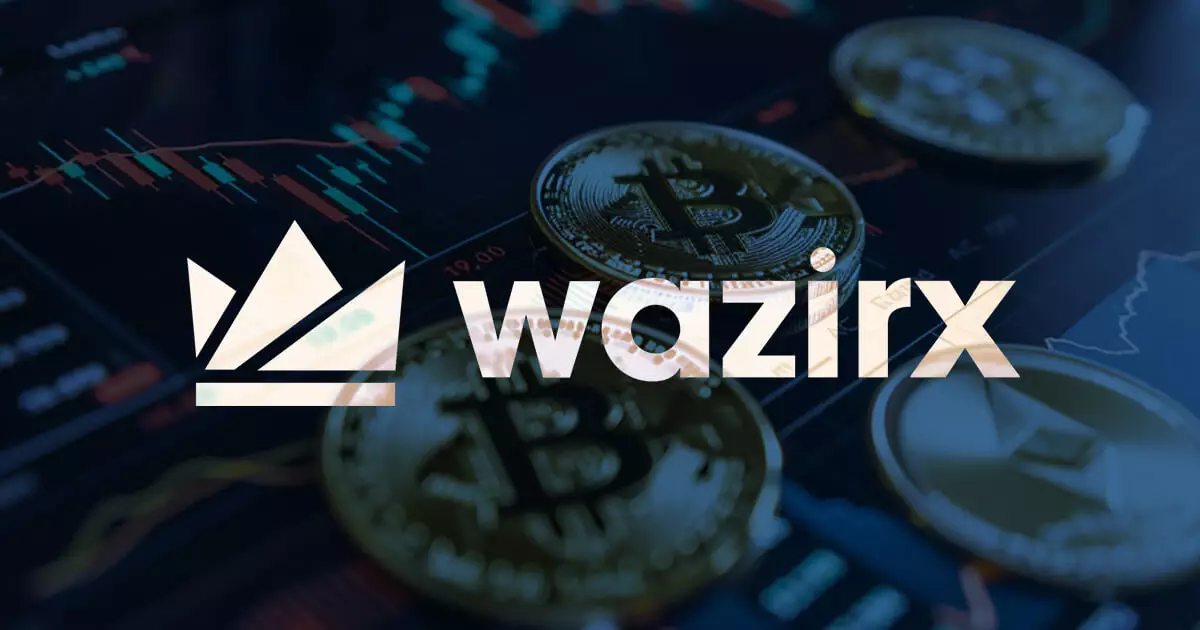In light of growing concerns about the security of centralized exchanges, WazirX has announced its intention to launch a decentralized exchange (DEX) as part of an overarching strategy to enhance user safety and regain trust. This pivotal move follows a significant security breach in July 2024, during which hackers took advantage of vulnerabilities in WazirX’s systems, leading to a staggering loss of $235 million. This incident underlines the pressing need for platforms in the cryptocurrency sector to bolster their security features, particularly those that operate on a centralized model. By pivoting towards a decentralized solution, WazirX aims to offer its users more control over their assets, fundamentally changing how digital transactions are conducted and instilling confidence amidst a backdrop of insecurity in the crypto community.
The Breach and Its Implications
The hack, attributed to the infamous Lazarus Group, exploited a flaw in WazirX’s multi-signature wallet infrastructure, emphasizing the unpredictability of centralized exchanges. The breach not only siphoned off significant funds but also raised critical questions regarding the security measures that centralized platforms claim to uphold. Users found themselves grappling with the implications of such a breach, which also highlighted the potential risks associated with entrusting assets to centralized entities. Following the incident, WazirX faced substantial backlash for its emergency measures that involved freezing 45% of user account balances, a move perceived as an unfair allocation of losses. The crypto community criticized the exchange for “socializing losses,” leading to a further erosion of trust amongst its users and across the industry.
Reversal and Recovery Efforts
In response to the backlash, WazirX undertook a significant about-face in August, restoring user accounts to their pre-hack balances. This measure aimed not only to rectify the immediate grievances of those affected but also to re-establish a semblance of fairness and transparency in their operations. However, the incident left a lingering sense of mistrust among the user base, exacerbated by a public dispute between WazirX and its former custody partner, Liminal. Each party engaged in a blame game regarding who bore the responsibility for the breach, leaving customers in a confusing limbo while both entities navigated the aftermath. The unresolved friction between the two highlights the importance of accountability and rigorous security practices within the cryptocurrency ecosystem.
Looking forward, WazirX’s new decentralized exchange is designed to empower users by allowing them to retain full control over their assets, thereby mitigating risks typically associated with third-party custodianship. Co-founder Nischal Shetty emphasized that a DEX would eliminate counter-party risks, a crucial feature for users wary of placing their funds into centralized systems. Through the introduction of its own token, WazirX plans to create a self-sustaining ecosystem where transaction fees seamlessly feed back into community governance. Slated for launch in early 2025, the phased approach aims to onboard users progressively, ensuring that the transition to a decentralized model is user-friendly and comprehensive.
WazirX’s strategic pivot towards decentralization may well parallel a broader trend across the cryptocurrency industry as user caution towards centralized exchanges grows. Many exchanges are now grappling with the realization that transparency and user control might be vital to retaining user trust. As the digital asset landscape continues to evolve, the decision to embrace decentralization could signal the dawn of a new era in trading, where users are no longer at the mercy of centralized intermediaries. Industry experts foresee that the transition to decentralized models, which prioritize security and user agency, could redefine the operational frameworks of exchanges globally.
WazirX’s foray into the decentralized exchange space is both a response to immediate security threats and an acknowledgment of the shifting sentiments within the cryptocurrency community. As the exchange works to regain trust and navigate a complex landscape marked by uncertainty and fear, its transition towards decentralization could very well serve as a blueprint for other platforms striving to meet the evolving demands of users. Ultimately, this move could not only enhance WazirX’s credibility but also reshape how trading operates in the cryptocurrency ecosystem, forging a path towards a safer, more equitable future.

